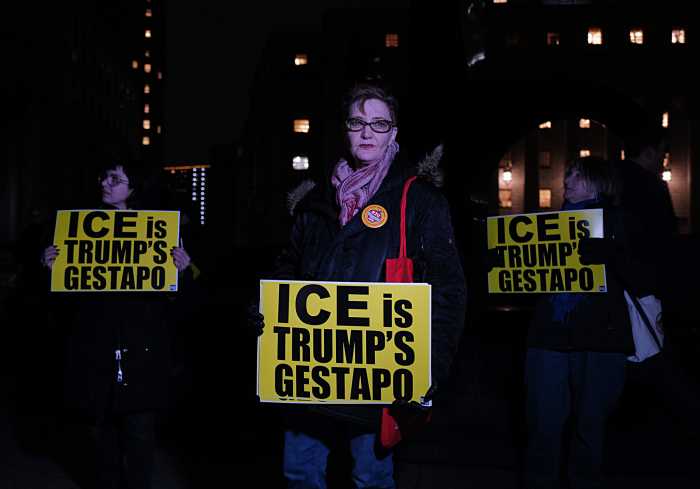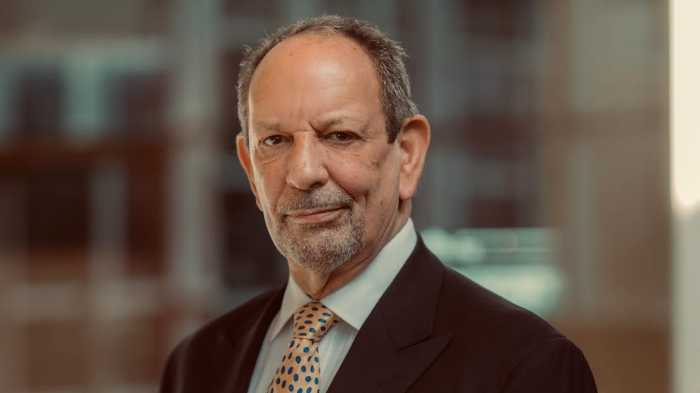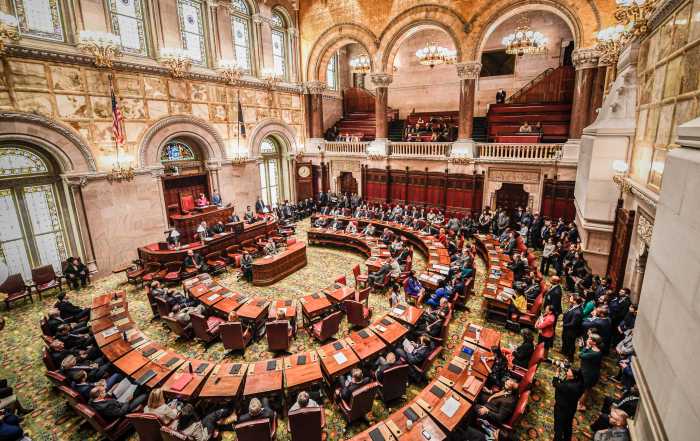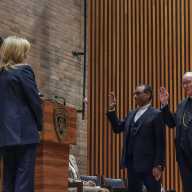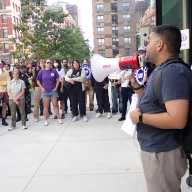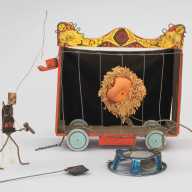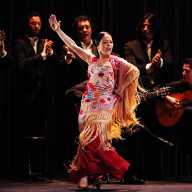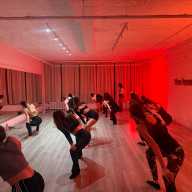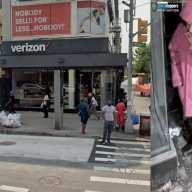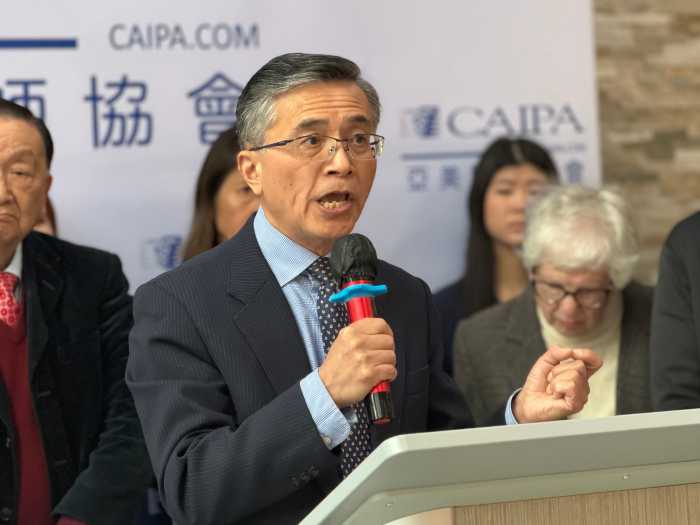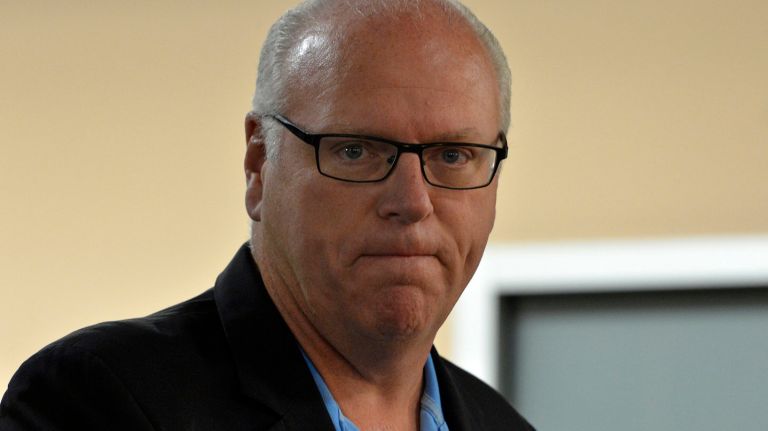
Like so many others after the 2016 presidential election, Katya Hott wanted to get more engaged in politics. A researcher at an educational technology company and mother of a 2-year-old boy, Hott became part of the new Sunnyside Woodside Action Group. She hosted a meeting with an assemblyman in her kitchen. The group even convinced Rep. Joe Crowley, the fourth-ranking Democrat in the House, to speak to voters in a neighborhood bar.
These felt like real steps, but Hott, 32, wanted to do more. Talking to people enmeshed in the local political system, she kept hearing the same thing: join the Democratic County Committee.
Joining the party
The county committee is the point of entry to party politics — theoretically, a group of hundreds of unpaid locals who rally their neighbors to the polls and help set the agenda for the county party. Party leaders in New York have extremely consequential roles, like deciding who fills political vacancies. That power comes from the consent of the lowly committee members. In Queens, committee members pick replacements for the district leaders who run the party. And in the committee’s quick meeting at the Queens Village restaurant Antun’s every other year, the committee members give their permission for the executive committee to run the day-to-day operations of the party, according to executive secretary Michael Reich.
It’s all a little complicated and obscure — this stuff is not particularly well advertised by the parties — and like most people in busy New York Hott says she “didn’t even know” what a county committee was. But with the help and encouragement of another new reformist group called New Queens Democrats, Hott was excited to give it a shot. As far as she knew, the way you get on county committee was by gathering petitions from neighbors in your few-block (or a nearby) election district. If there is a “primary” in that district, the contest even makes it onto the ballot that voters will see on Sept. 13.
Hott collected her petitions on July 4 in 100-degree weather. She went door to door, talking to unsuspecting neighbors about her hope to be more engaged and the importance of county politics. She said she felt a “buzz” afterward, a sense that “we can effect change from the bottom up.” Maybe someday, the county party would advance more progressive candidates in a special election. “It felt like wheels were turning.”
But then the wheels stopped.
Not easy to change the machine
Hott had turned her petitions over to New Queens Democrats to file for her. The group appears to have made some clerical mistakes like incorrect cover sheets on applications from would-be new committee members, including Hott. The city Board of Elections vets the applications, and Hott and other applicants were rejected. After various legal attempts to correct the small errors and allow the newcomers to try their hand at hyper local politics, the Board of Elections did not budge.
To add insult to injury, The New York Times published an investigation late last month of Queens county committee members that found that more than 20 were “running” for committee without knowing it.
How could that be? It turns out there is another way to get on county committee. If there are vacancies in the “couple thousand”-person body, according to Reich, the executive secretary, those positions can be filled by the existing county committee and the party members who make it up.
That’s not a route that Hott could easily use. “I wouldn’t know who to ask,” she says.
Why would the party want to fill committee seats with placeholders rather than widely advertise openings to fresh-faced young reformers? Well, reformers like New Queens Democrats want to meet more than once every two years in a restaurant over some coffee and cakes. Reformers might want more say in party decisions like who gets nominated for judgeships or vacant elected positions. Reformers might do things like threaten the tight control of party leaders, which is what happened to county chair Crowley, 56, who in June stunningly lost in a primary to newcomer Alexandria Ocasio-Cortez, 28.
Compared to all that, minimal visibility and some placeholders are probably better.
Machine politics are a little against the times. Some Democrats are trying to open the Queens ranks. The New Queens Democrats released an open letter Tuesday calling for the party to appoint the frustrated activist candidates to the committee and reform the institution.
When told about Hott’s saga, Reich says she’s welcome to send along a resume by email to the county party. After being considered, she might be able to join the committee that way. That is, assuming there’s a vacancy in her larger Assembly district.
Reich couldn’t say whether there is a vacancy but there are certainly some old-school committee members filling out Hott’s particular district. That includes four people with surname Crowley who live at the same Woodside address: the congressman; the congressman’s wife, Kasey; and also his sister, Eileen, and their mother, Mary.



